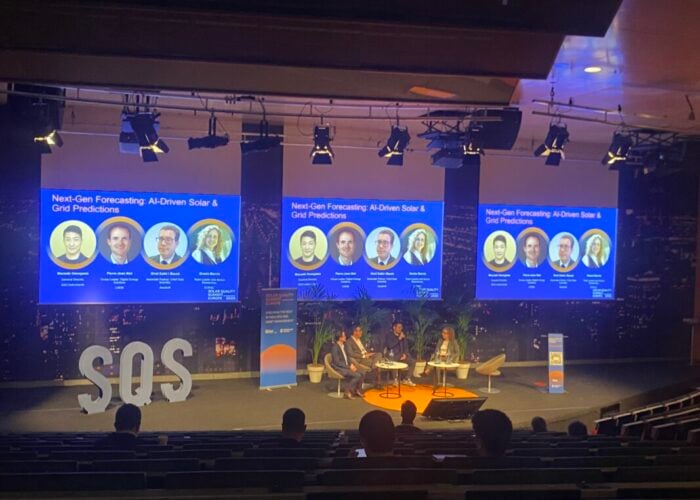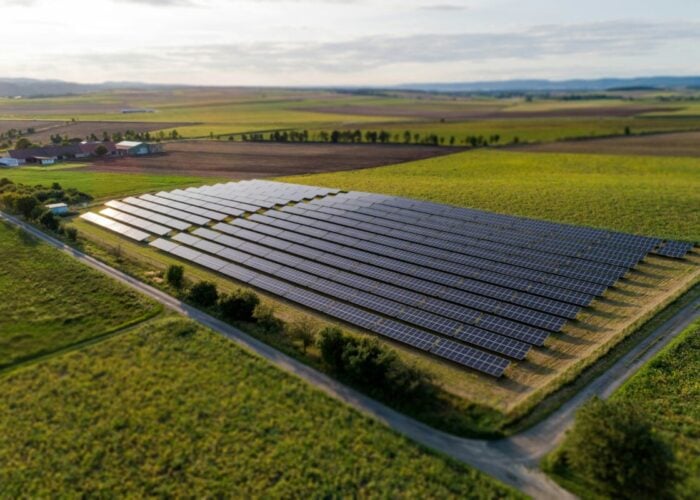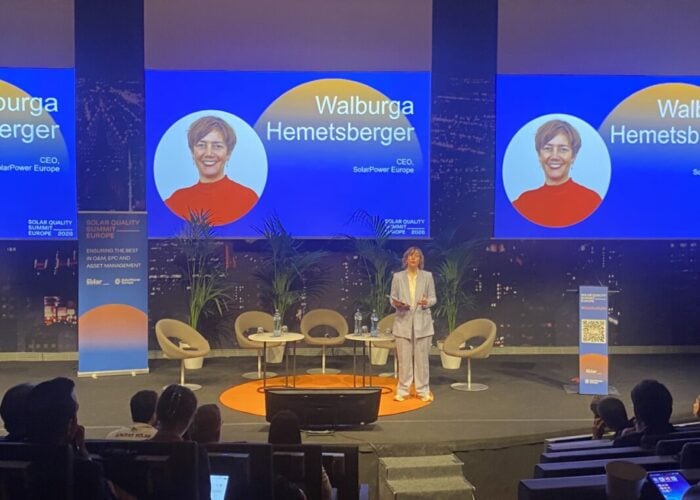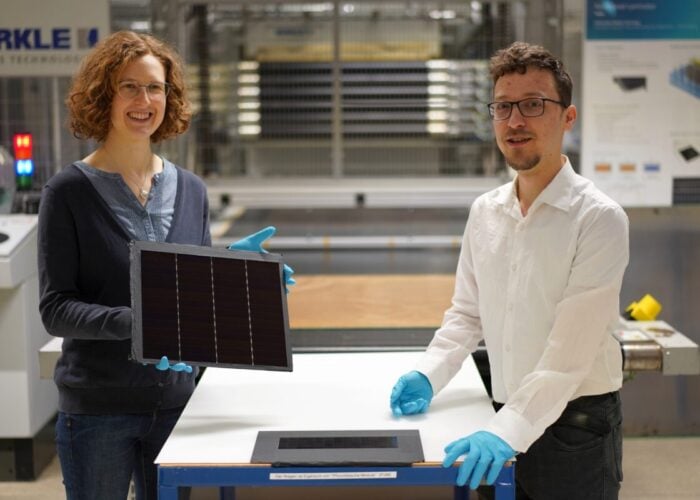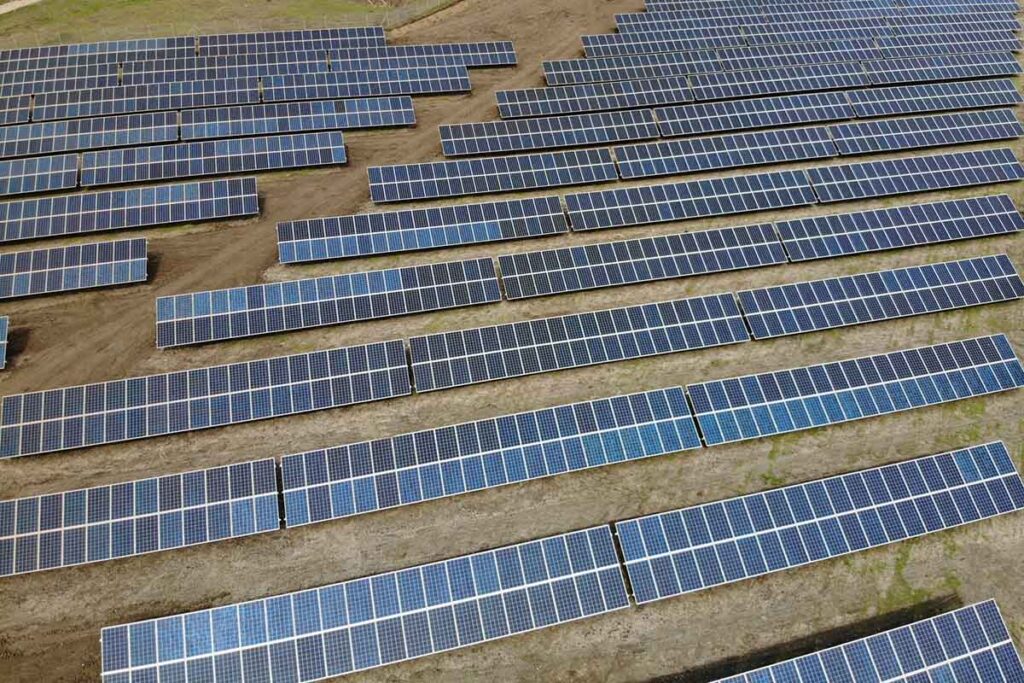
The government of Moldova has set a target to account for at least 30% of electricity consumption with renewable power by 2030.
One of the ways for the country to increase its installed renewable energy capacity will be through the launch of tenders, which it recently announced. Offers for these tenders are planned to run between September 2024 and January 2025.
Try Premium for just $1
- Full premium access for the first month at only $1
- Converts to an annual rate after 30 days unless cancelled
- Cancel anytime during the trial period
Premium Benefits
- Expert industry analysis and interviews
- Digital access to PV Tech Power journal
- Exclusive event discounts
Or get the full Premium subscription right away
Or continue reading this article for free
The Moldovan Ministry of Energy is seeking 60MW of solar PV capacity in the tenders, with solar project capacity limited to a maximum of 1MW each, while a price cap has been set at €86.7/MWh (US$96.24/MWh) for solar PV.
Moreover, while the guaranteed fixed price will be determined through the auction procedure, it will not exceed MDL1.67/kWh (US$0.096/kWh).
To facilitate the participation of as many energy developers in the auction, the Ministry of Energy has prepared a tool for companies that are able to invest but have yet to secure connection approvals.
Currently, the country has an installed solar PV capacity of 76.9MW and 115.3MW of distributed solar, dubbed as net metering. The government said that the country has the potential to install over 4.6GW of solar PV capacity.
“Not all investors will have the connection approvals when they submit their auction requests. For this reason, as a first solution, we will prioritise the granting of connection approvals to future large eligible producers designated as winners of the auction,” said the state secretary of the Energy Ministry, Carolina Novac. “And when new connection approvals are granted, they will be at the top of the waiting list.
“In the long term, the Energy Ministry will change the electricity legislation to apply a guarantee of good execution—capacity reservation—to obtain connection approval. “We will need this provision to ensure the competitiveness of the process and its good organisation,” added Novac.
Last year the Energy Ministry implemented three new support instruments to promote the generation of electricity from renewable sources. These involve a guarantee of purchase of surplus energy delivered to the network.
The first one is a change in the net metering, which was replaced at the beginning of this year with a net invoicing system. This is applied to smaller producers with installations intended for self-consumption.
The second one is a 15-year fixed rate for power prices at solar PV plants, of up to 1MW, while the last provision is a 15-year fixed price for solar PV plants larger than 1MW.
Furthermore, not all renewable energy generated in Moldova is aimed to be contracted with state-owned gas and electricity company Energocom, with producers able to export its energy to neighbouring countries Ukraine and Romania, said Victor Binzari, director at Energocom.
Moldova’s capital, Chișinău, is advancing towards growing its renewable energy production in order to increase its energy independence and transition to green energy.



